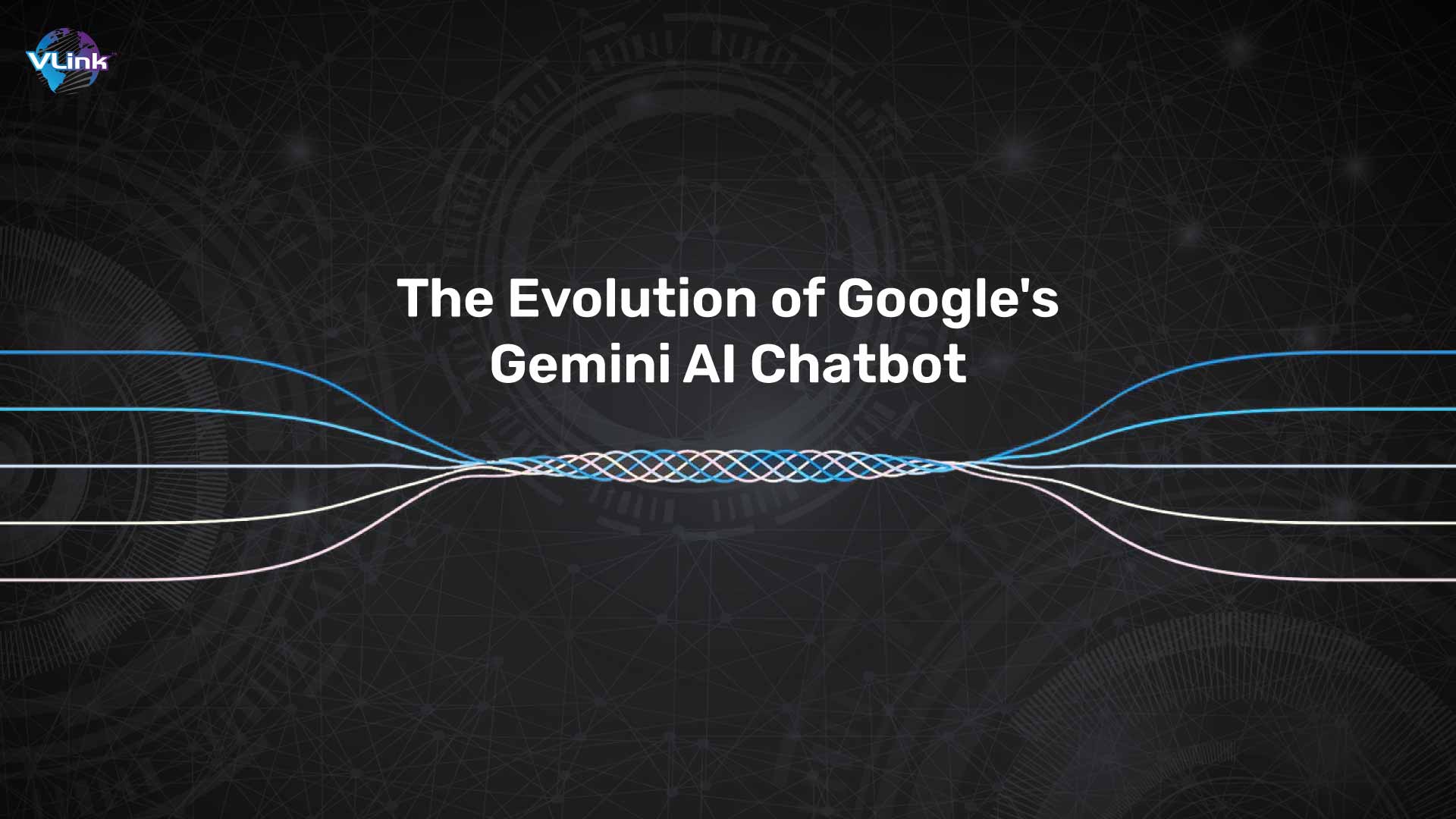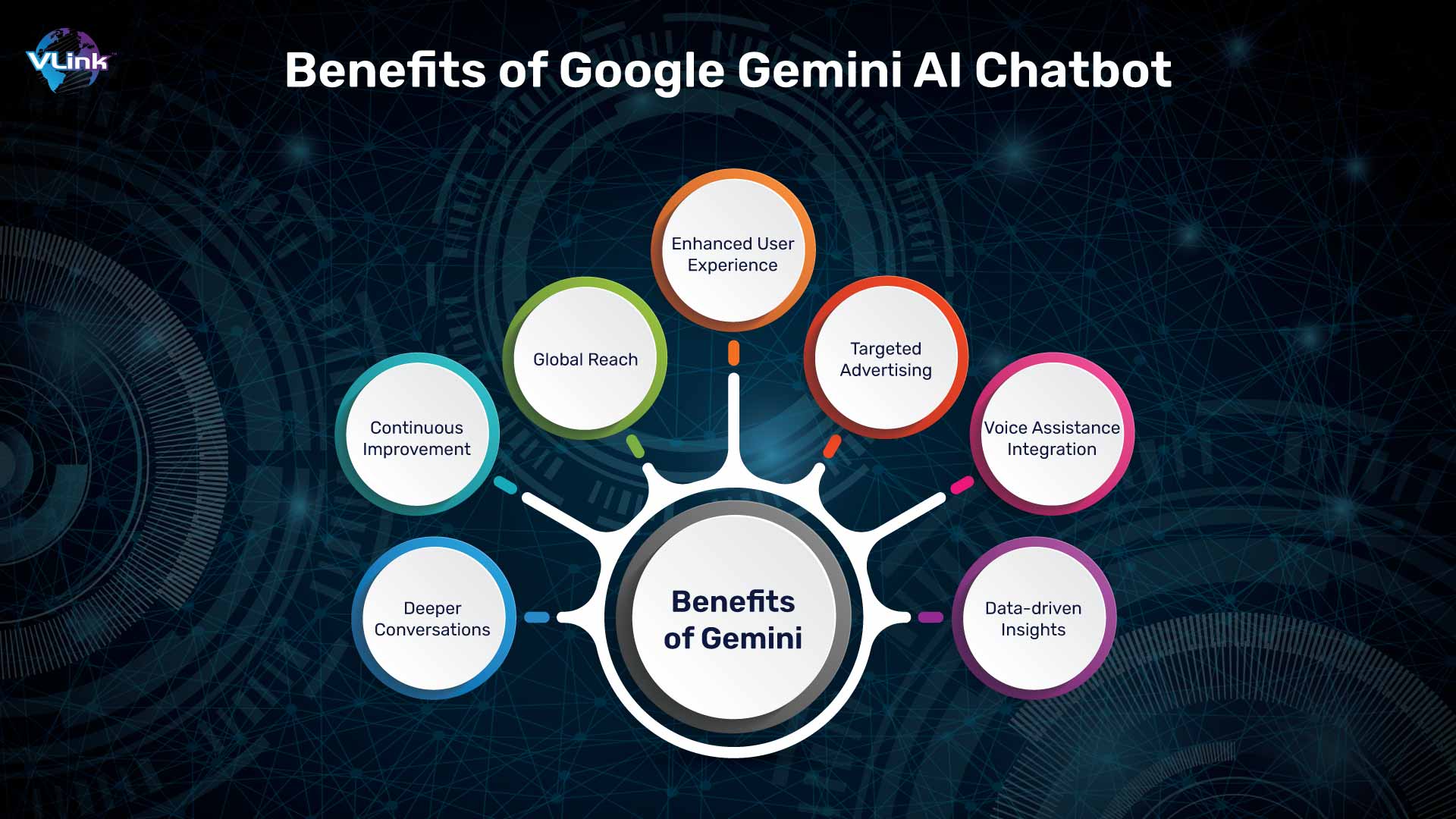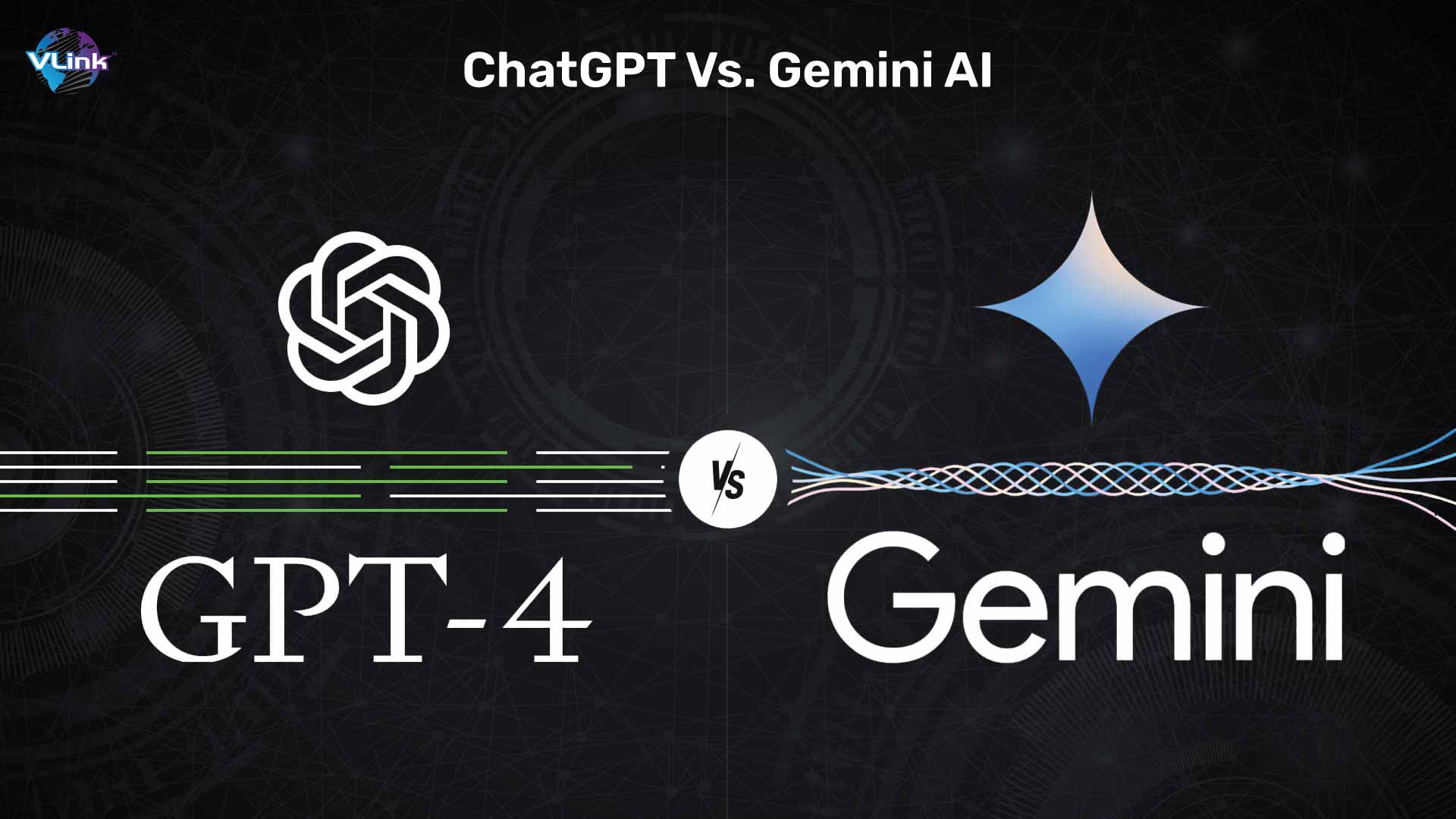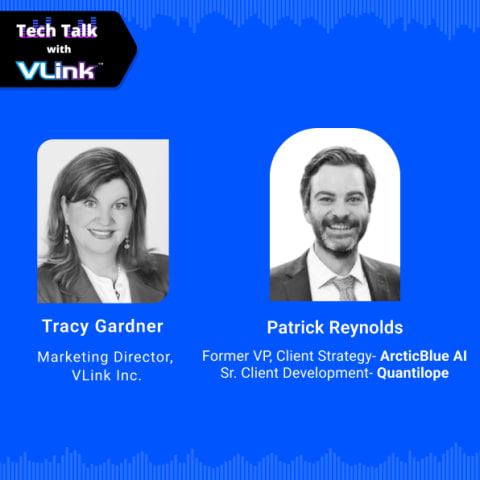Welcome to the exciting world of Google Gemini AI - Google's new AI model that is a fresh competition for OpenAI's ChatGPT.
On December 6th, 2023, DeepMind and Google released a multimodal AI agent—Google Gemini, previously called Bard. Gemini is a groundbreaking multimodal artificial intelligence system that redefines digital experiences.
According to Demis Hassabis, CEO and Co-Founder of Google DeepMind, Gemini is the most "capable" model they've ever built. It results from significant collaborative efforts by multiple Google and Google Research teams.
From unraveling complex queries to igniting imagination with insightful discussions, let's embark on a journey of Google Gemini AI, where complexity meets creativity. This blog will explore everything about Google's AI breakthrough Gemini.
Introduction to Google Gemini AI
Like ChatGPT or Hanooman, Google Gemini AI is designed to understand different information modes, such as text, images, audio, video, computer code, and more. In addition, it's excellent at several coding tasks, such as translating Code between languages.
This AI chatbot is not only a powerful, single LLM (Learn Language Model) but also an entire ecosystem. It supports existing products used by billions, offers APIs for developers, and provides platforms for businesses to innovate.
Incredible Architecture Behind Gemini's Intelligence
Gemini's advanced neural network architecture is at the core of its expertise. Based on the transformer model technique, this architecture is carefully enhanced to process lengthy contextual sequences in different data formats such as text, audio, video, and code.
The sophistication of Gemini's structure originates from its training on Google's Cloud TPU v4 and v5e (Tensor Processing Units). These customized AI accelerators are built to handle extensive machine-learning tasks efficiently.
It's one of the most efficient and flexible models on the market. Where other multimodal processes would require vast amounts of power, Gemini can run on everything from data centers to mobile devices.
Technologies Behind Google Gemini AI: How Does It Work?
Google Gemini AI identifies a large amount of data, such as user behavior patterns, search history, and contextual information. It then uses this data to understand user intent and provide more accurate responses to their queries.
Here are a few technologies behind Google Gemini Ai:
NLP (Natural Language Processing) to interpret and understand human language.
Deep Learning Algorithms for personalized search experiences
Neural Networks for mimicking the structure of the human brain
In short, Google Gemini AI harnesses advanced technologies like NLP, deep learning algorithms, and neural networks to enhance search accuracy and relevance for users worldwide.
Gemini Model Specializations
Google Gemini is available in three models: Gemini Ultra, Gemini Pro, and Gemini Nano. Each model has unique capabilities.
Gemini Ultra — Largest, highest performance model for highly complex, compute-intensive tasks.
Gemini Pro — Mid-sized versatile model for various tasks while maintaining high accuracy and feasibility.
Gemini Nano — Small, efficient model for Android users who want to create Gemini-powered apps.
For instance, with Gemini Nano, users can now summarize recordings made using the Recorder app on the Pixel 8 Pro phone (but only in English).
With a score of around 90%, the Gemini Ultra 1.0 model is the first solution capable of outperforming human experts in Massive Multitask Language Understanding (MMLU) tests.
The benchmark tests knowledge and problem-solving in 57 subjects, including math, physics, and law. It's available online in 40 languages and through dedicated Android and Google apps on iOS.
The Evolution of Google's Gemini AI Chatbot

Shortly after debuting Gemini 1.0, their cutting-edge multimodal large language model, Google unveiled its next-generation AI model, Gemini 1.5, in February 2024. From multimodal marvels to expert mixing, this update promises to enhance performance, efficiency, and long-context understanding.
Gemini 1.5 is the successor to Gemini 1.0, launched in January 2024. It is already powering many Google products and services, such as Gemini Advanced, Google Search, Google Assistant, and YouTube.
Model | Context Window Limit | Key Capabilities |
Gemini 1.0 Ultra | Up to 1 million tokens |
|
Gemini 1.0 Pro | 32k tokens |
|
Gemini 1.5 Pro | 128k to 1 million tokens |
|
Gemini Nano | 32k tokens |
|
What's Google Gemini AI Used For?

Here are a few key functionalities of Google Gemini AI:
#1 - Advanced Coding
The first version of Gemini can generate high-quality code in popular programming languages such as Java, C++, and Go. It solves almost twice as many issues as other AI chatbots like Devin AI and ChatGPT and gives 85% accurate results.
#2 - Learning
With Gemini 1.0, users can enjoy the perks of a personalized tutor, craft customized study plans, sample quizzes, and interactive discussions.
#3 - Language Understanding and Generation
Like GPT-4, Gemini displays strong language manipulation talents — answering questions on wide-ranging academic topics, summarizing concepts clearly and concisely, translating between languages idiomatically, and more.
The extensive arrangement of 667 billion parameters is likely a significant factor in generating top-notch textual results compared to previous iterations.
#4 - Robust Image Processing and Creation
Gemini automatically generates matching images from language prompts and basic sketches demonstrating creative visual reasoning.
#5 - Mathematical Reasoning and Formula Manipulation
Mathematical intelligence represents a key challenge for LLM models like GPT-3 and Codex. With a possible breakthrough, Gemini substantively advances the state of the art in arithmetic, algebra, calculus, and more.
This model can identify mistakes in work problems and provide customized clarifying details according to students' needs. It could hugely benefit learners struggling with concepts.
What's New in Gemini 1.0?

Here are noteworthy features of the Gemini AI chatbot:
#1 - Fine-tuning Phase
Gemini replaced Google's Pathways Language Model (PaLM 2). One of the most noticeable instances of Gemini operating for users is an AI chatbot called Google Bard., formerly powered by PaLM 2.
#2 - Multi-modal Capability
When Gemini first launched, it came in various model sizes, each intended for a particular set of applications and setups. The ultimate model, the Ultra, is made for challenging tasks.
#3 - Gemini Pro and Google Bard
Google Bard runs a version of Gemini Pro software. Google released Gemini Pro to the public on December 13, 2023, through Google AI Studio and Google Cloud Vertex AI. A version of the Gemini Pro model powers the generative AI coding system Google AlphaCode 2.
#4 - Integration with Google Pixel 8 Pro
The Nano model focuses on on-device use cases.
Gemini Nano comes in two versions:
Nano-1 has 1.8 billion parameters
Nano-2 has 3.25 billion parameters
The smartphone Google Pixel 8 Pro is one of the devices that has Nano integrated.
Benefits of Using Google Gemini AI Chatbot

Deeper Conversations: Engage in comprehensive discussions with better contextual understanding.
Continuous Improvement: Enjoy regular updates with advanced features and capabilities.
Global Reach: Access Gemini Advanced in over 150 countries, with English support and future language expansion.
Increased User Experience: With Google Gemini AI, users can get more seamless and intuitive experiences while browsing the internet.
Targeted Advertising: By leveraging machine learning algorithms, advertisers can reach their target audience precisely and accurately, increasing conversion rates and maximizing ROI.
Voice Assistance Integration: Google Gemini AI seamlessly integrates with voice assistants such as Siri or Alexa. This AI personal assistant app development offers enhanced convenience and accessibility for users across various platforms and devices.
Data-driven Insights: It helps businesses make informed decisions regarding marketing strategies, product development, customer engagement techniques, etc., improving business outcomes.

Comparative Analysis: ChatGPT Vs. Gemini AI
The critical difference between Gemini and ChatGPT is the Large Language Models (LLMs) they use and their respective data sources.
Gemini—formerly Bard—has been powered by several different language models since its launch in February 2023. ChatGPT users have been using GPT-3, GPT-3.5, and GPT-4 since they were made publicly available. A complete overview of ChatGPT, a highly interactive chatbot can help to differentiate this AI model from Gemini AI.
Google Gemini Vs. ChatGPT: Key Findings
Gemini's responses are more conversational, while ChatGPT's are more informational.
The free version of Gemini AI is better than the accessible version of ChatGPT.
Gemini Advanced is only slightly better than ChatGPT Plus
Google Gemini Advanced generates better AI images than ChatGPT Plus
Gemini AI responses are available in a more readable format than ChatGPT
Google Gemini AI is better in creating spreadsheet formulas than ChatGPT
Here are the key differences between Gemini and ChatGPT based on critical features and benchmarks:

Gemini Vs. ChatGPT: Features–
Features | Google Gemini | ChatGPT |
Capabilities | Multimodal reasoning across various data types including text, images, video, audio and code | Used in language understanding and text generation |
Image Recognition | Interpret visual media | Not mainly focus on image recognition |
Text Generation | High-quality text with real time information integration | High-quality text generation |
Code Generation | Generate code based on inputs | Only generate basic code |
Integration with Products | Works across Google products | Used mainly in Open AI’s chatbot |
Tokens | Tokens limit not publicly disclosed | Maximum tokens limit of 40967 |
Gemini Vs. GPT-4: Based on Text and MultiModal Benchmarks:
Like chatgpt, Devin AI is also a competitor of Gemini. So, it’s also important to know everything about Devin AI.
Real-life Examples and Case Study of Google Gemini AI in Action
Here are a few real-life examples leveraging the power of Google Gemini AI.

#1 - Healthcare Industry
Gemini AI chatbot can assist doctors in diagnosing complex medical conditions by analyzing patient data and providing accurate predictions. Its ability to process vast amounts of medical research and clinical data allows it to generate valuable insights to improve patient outcomes.
#2 - Financial Industry
Finance institutions use Gemini AI for predictive analysis, fraud detection, and risk assessment. Google's next-gen multimodal AI chatbot can process complex financial data, market trends, and economic indicators. This AI-enabled chatbot for customer management helps make informed investment decisions and manage financial risks.
#3 - Transportation Industry
An automotive or transportation company leverages Gemini Ultra or Pro to design and simulate new vehicle models. This Artificial Intelligence chatbot in (EV) Electric Vehicle can optimize traffic flow by analyzing real-time traffic data and predicting congestion patterns. It can lead to more efficient transportation systems and reduced commuter travel times.
#4 - Ecommerce Industry
AI can be a game changers for online retailers and Google’s advanced AI model Gemini has proved it. A retail giant integrates Gemini Pro into its customer service framework or infrastructure for personalized shopping experiences. The AI model analyzes customer preferences, purchase history, and market trends to recommend products and services.
#4 - Manufacturing Industry
Manufacturers integrate Gemini Pro into their customer service framework to optimize production processes, leading to cost savings and a personalized shopping experience. The AI model analyzes customer preferences, purchase history, and market trends to recommend products and services.
#5 - Smart City Management
Gemini Nano manages Internet of Things (IoT) services and devices and urban infrastructure in a smart city project. Its on-device efficiency enables real-time data processing for traffic management, public safety monitoring, and environmental control.
#6 - Education Industry
Gemini's adaptability and task-specific training make it valuable for personalized education. It can understand individual learning patterns, tailor educational content, and provide targeted feedback, enhancing students' learning experiences.
Education institutes harness Gemini Pro's generative capabilities for content creation in the education sector. From generating educational materials to assisting in curriculum development, the model can automate and streamline content creation processes.
Usage of Gemini in Workspace and Cloud
The power of Gemini extends beyond personal use. Many businesses are integrating this AI model into their apps and products.
In Workspace: Over a million users already leveraging AI-powered functions like "Help me write." Now, Duet AI is evolving into Gemini for Workspace. Google One AI Premium subscribers can access Gemini's features across Gmail, Docs, Sheets, Slides, and Meet.
In Google Cloud: The transition of Duet AI into Google Gemini AI for Cloud customers will empower enterprises to enhance productivity. It will accelerate development and provide protection against biggest cybersecurity threats.
These real-life examples demonstrate how diverse industries harness the power of Google Gemini AI to enhance efficiency, improve decision-making processes, and deliver more personalized experiences to end-users.
Potential Ethical Concerns and Controversies Surrounding Google Gemini AI
While the future of Gemini AI is undoubtedly promising, ethical concerns and controversies need to be understood and addressed.
The controversy surrounding Google Gemini's image-generating tool has also reignited concerns about bias in AI in the larger tech world. As Gemini AI depends on vast amounts of training data, ensuring that the data is diverse and unbiased is essential to prevent perpetuating societal biases.
Sundar Pichai blasted Google staff for offending customers with Gemini AI bias: 'To be clear, that's totally unacceptable'
Another potential ethical concern of Gemini AI is the transparency in decision-making. As the model becomes more complex, developing methods to understand and explain the reasoning behind its predictions and decisions is essential. Transparency plays a crucial role in earning trust and acceptance from both users and stakeholders.
Security vulnerability is one of the most crucial concerns and controversies surrounding Google Gemini AI. While the Gemini app promises enhanced AI features, there is a potential concern regarding its susceptibility to revealing confidential data.
Acknowledging these ethical concerns, Google stated that it is actively working to resolve the chatbot's functionality issues
With robust security service providers like ML Commons, the Frontier Model Forum, AI Safety Fund, and Secure AI Framework (SAIF), Gemini AI ensures the security measures that allow users to trust it while uploading their data.
Its commitment to ethical AI practices and safety evaluations, including bias and toxicity checks, ensures responsible deployment. Thanks to ongoing advancements and safety considerations, Gemini is a forward-thinking AI technology model.

What is the Future Possibilities of Gemini AI?
With its exceptional powers and continuous evolution, Gemini represents the future of AI. As technology advances and more data becomes accessible, this advanced AI multimodal will become even more powerful and versatile. Its impact on different sectors like healthcare, finance, and education will continue to grow, transforming how we work and live.
One fascinating potential for Google Gemini AI is its ability to integrate with Internet of Things (IoT) devices. It can identify and understand large amounts of data produced by IoT devices, enabling intelligent automation and predictive capabilities.
Additionally, Gemini AI holds significant promise for collaborative efforts. It can collaborate with other AI systems to enhance their capabilities and expand the range of AI-powered solutions by leveraging diverse AI models and knowledge bases.
Google plans to license Gemini AI to businesses via Google Cloud, allowing smooth integration into various mobile apps, starting from Gemini 1.0 ultra to 1.5 pro. It leaves businesses to contemplate the cost of integrating Google Gemini Pro into mobile apps.
Cost to Integrate the Gemini AI Pro Model into Mobile App
The actual Google Gemini AI Pro integration cost can vary based on several factors, such as features and functionalities, project complexity and customization, UI/UX design, AI development company, and integration with the existing system.
The average cost of integrating the Gemini AI Pro Model into a Mobile App can typically range between $25,000 and $300,000.
Finally, Gemini stands out in AI with its advanced multimodal capabilities, specialized variants, and wide-ranging applications across industries. Its distinct features and ethical AI approach make it a valuable tool for enterprises seeking to leverage AI for innovation and efficiency.
If you are looking for the best Gemini AI Pro integration partner for your business, VLink is the right choice!
Integrate Gemini Pro AI into your Mobile Apps with VLink!
VLinks is a leading machine learning and AI development company for digital businesses in the United States. Our commitment to software development and seamless integration is evident in our customized solutions. It enhances users' experiences, explores multimedia capabilities, fortifies security measures, etc.
With a proven track record of developing successful projects across diverse industries, we can be your trusted tech partner for integrating Google Gemin Pro AI in apps, taking your mobile app development project to new heights.
Contact us now to stay competitive in a rapidly changing world.







 Shivisha Patel
Shivisha Patel

















